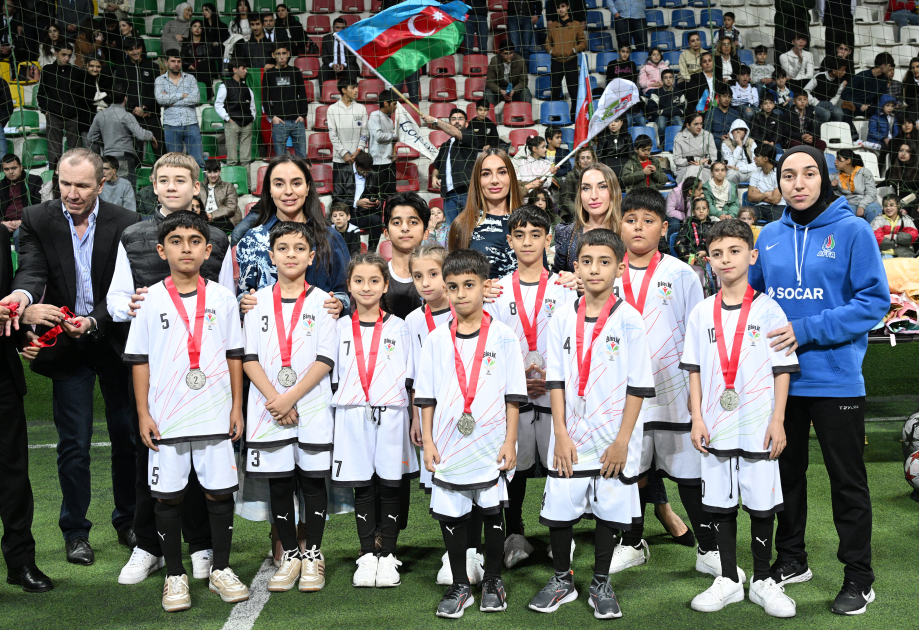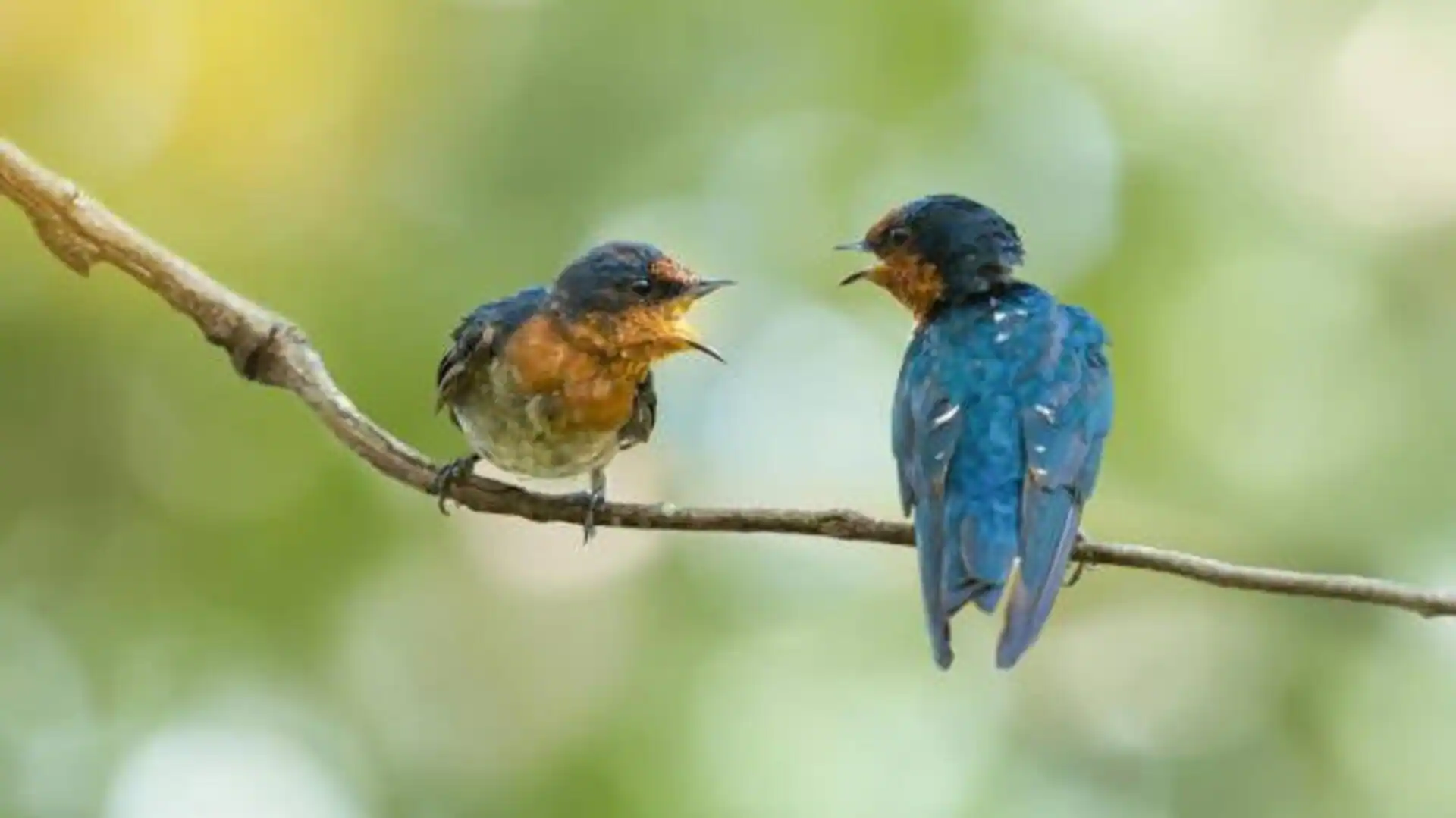Copyright trend

BAKU, Azerbaijan, October 30. On October 30, another “Friendship Cup” mini-football tournament was held among teams of boys and girls aged 10–11 and 12–13 from orphanages. The tournament aims to support the physical and psychological development of children while fostering team spirit, self-confidence, and social skills, Trend reports. Leyla Aliyeva, Vice-President of the Heydar Aliyev Foundation and founder and head of the IDEA Public Union, Arzu Aliyeva, Head of Baku Media Center, and Alena Aliyeva also watched the tournament. Organized by the Association of Football Federations of Azerbaijan, the competition featured teams from orphanages No. 1, No. 2, and No. 3 in Baku, and No. 4 in Ganja, competing under the names “Shahinlar,” “Birlik,” “Zafar,” and “Kapaz,” respectively, in both age categories. High sports enthusiasm and friendly relations were observed among the participants, with the children and spectators sharing moments of great excitement and joy. One of the most memorable moments of the event was when Leyla Aliyeva, Arzu Aliyeva, and Alena Aliyeva supported all the teams, engaged in sincere conversations with the children, and took photos with them. They wished success to all participants and emphasized the importance of organizing such events on a larger scale and on a regular basis in the future. The winning teams in both age categories were awarded diplomas, medals, and cups. The teams that took second and third places also received medals and diplomas. At the end of the event, the children, educators, and organizers emphasized that such initiatives have a positive impact on children’s lives, helping strengthen self-confidence and social connections. They expressed gratitude for the continuous organization of such social projects. The “Friendship Cup” mini-football tournament was first held in May, and the current competition was successfully organized as a continuation of that tradition. The main goal of the tournament is not only to promote a healthy lifestyle and physical activity among children growing up in social service institutions but also to support their integration into society and create opportunities for building new friendships.



